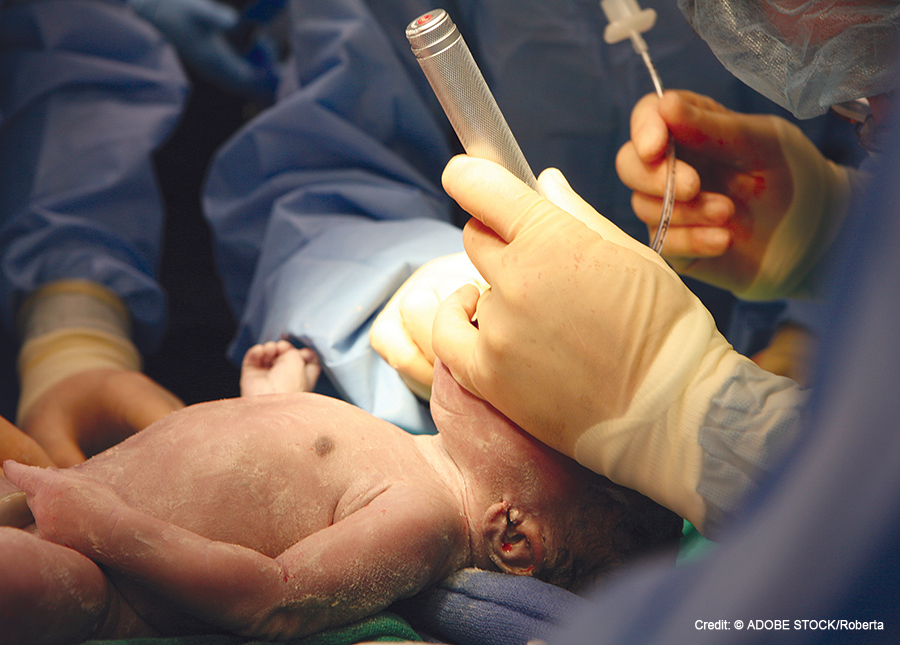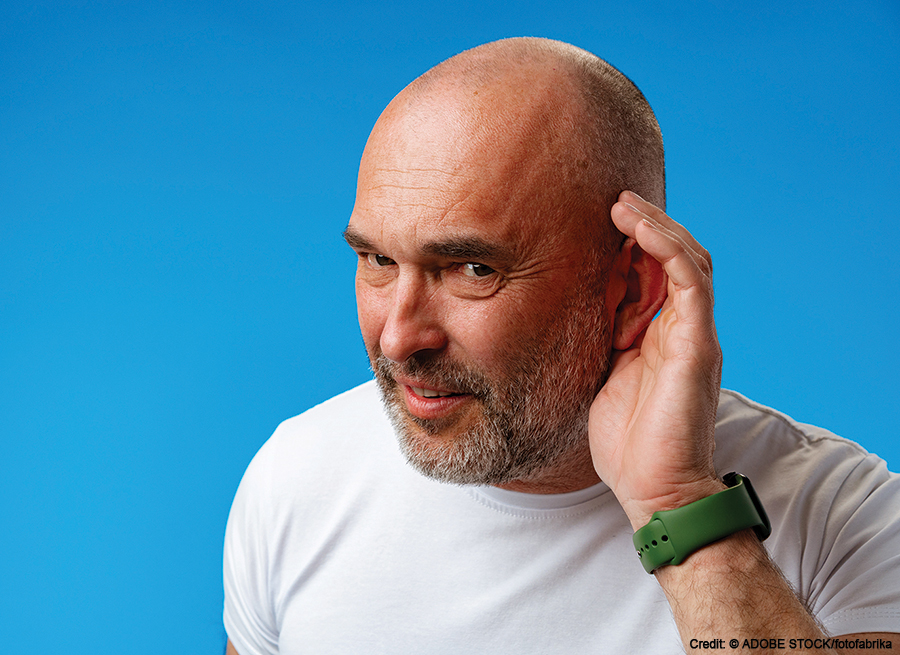Mitochondrial gene maps of patients with allergic rhinitis (AR) indicated that the ATP6 gene is probably associated with AR at the single-variant level.
Avoiding Radiation Therapy for HPV-OPSCC Can Help Quality of Life for Younger Patients
Avoiding radiation therapy for human papillomavirus virus−associated oropharyngeal squamous cell carcinoma (HPV-OPSCC) can help quality of life for younger patients.

How Otolaryngologists Are Adjusting to Value-Based Compensation Amid Mixed Success in Primary Care Settings
Value-Based Compensation model can be considered advantageous because it evens the playing field between proceduralists and non-proceduralists, but defining value and implementing VBC can be challenging.

New Standardized Otolaryngology Curriculum Launching July 1 Should Be Valuable Resource For Physicians Around The World
New standardized otolaryngology curriculum’s goal is to deliver a comprehensive and appropriately detailed curriculum that will help direct self-learning and serve as a jumping-off point for residency programs’ didactic learning.

Noncompetes Banned by the FTC—But Not for Most in Healthcare
The Federal Trade Commission has determined that noncompetes are an unfair method of competition, violating section 5 of the FTC act.

Video Laryngoscopy Improved Chance of Successful Intubation in Neonates
Using a video laryngoscope, versus direct laryngoscopy, when intubating infants can increase the odds of a successful intubation on the first attempt

Antibiotics Effective for Acute Sinusitis in Kids, but Observational Approach Also Acceptable
A recent meta-analysis of six pediatric sinusitis studies demonstrated that antibiotics are effective in treating sinusitis in children

New Clinical Guideline on Age-related Hearing Loss Released
The American Academy of Otolaryngology–Head and Neck Surgery Foundation has published a new guideline for age-related hearing loss

Objective Testing for Patients with Suspected Laryngopharyngeal Reflux Requires a More Specific Approach
Objective testing for patients with suspected LPR is indicated if the patient presents with typical alarm symptoms, after empiric treatment fails to improve symptoms, or to ensure the need for long-term therapy or surgical interventions.

Performance Impact of Cochlear Implant Electrode Array Length
Cochlear implant (CI) surgeons are faced with the increasingly difficult task of choosing the “right” device despite a growing number of choices and conflicting evidence regarding the relative importance of various anatomic, surgical, and device-specific factors.
- « Previous Page
- 1
- …
- 15
- 16
- 17
- 18
- 19
- …
- 328
- Next Page »